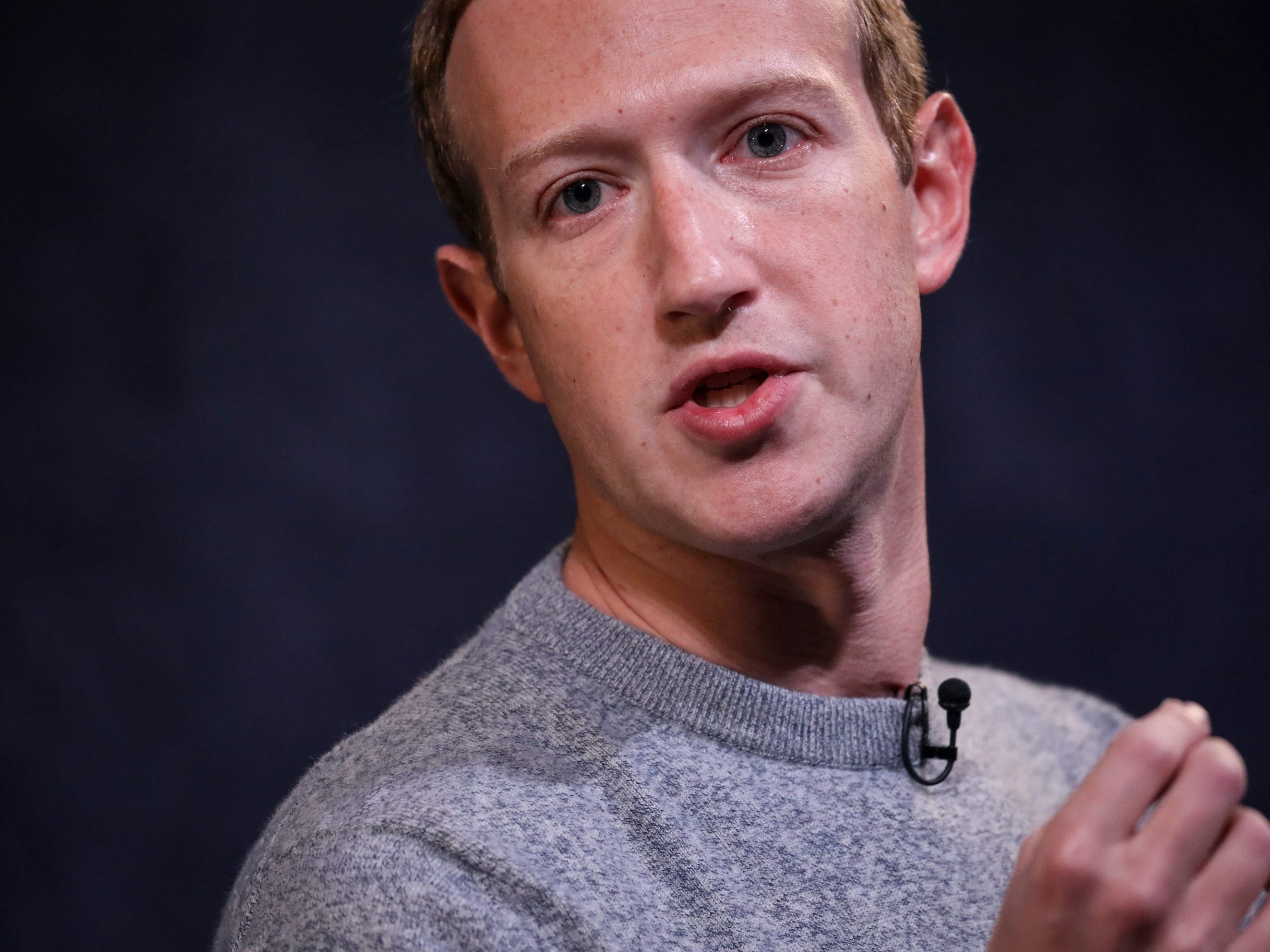
Drew Angerer/Getty Images
- Facebook said it has helped 4.4 million people register to vote on its platform.
- The metric exceeds Facebook’s original goal set in June of registering 4 million people to vote ahead of the presidential election.
- The company’s announcement comes after a months of pressure on tech firms to crack down on election interference, political misinformation, and conspiracy theories on their platforms.
- Facebook isn’t the only tech company to integrate voter information tools into its platforms — Snapchat launched a similar registration initiative that it said caused 1 million people to register through the app.
- Visit Business Insider’s homepage for more stories.
Facebook said Monday that it has helped 4.4 million people to register to vote on its platforms, surpassing a metric that it set for itself in June.
Mark Zuckerberg announced the launch of a voter information tool this past summer, and said he wanted to bolster turnout to this year’s presidential election by getting 4 million people registered. The company’s announcement that it has helped register 4.4 million voters on Facebook, as well as its Instagram and Messenger platforms, comes as Election Day stands days away and as early voting has already commenced in parts of the nation.
For comparison, there are 2.6 billion monthly active Facebook users worldwide and 190 million users in the US, according to July 2020 data from Statista.
Facebook did not immediately respond to Business Insider’s request for comment.
Facebook isn’t the only tech firm to have kicked off a voter registration initiative ahead of the November election. Snapchat launched a similar program in August that has since resulted in more than 1 million people in its young userbase to register to vote, the company said according to an NBC report.
Tech companies at large have faced increased urgency this year to crack down on election interference and political misinformation in the lead up to the 2020 presidential election.
Criticism has largely been bipartisan, but tech has especially been attacked by the right, with Republicans claiming that platforms harbor an anti-conservative bias. The Trump Administration's quarrel with the industry was sparked after Twitter slapped a fact-check label on one of the president's tweets in which he falsely claimed mail-in voting would lead to election fraud. Facebook fielded backlash after it refused to fact-check the same post on its platform.
But Facebook has since said it would ban political ads indefinitely starting the day after the election and would add labels to content that touches on the "legitimacy of voting methods, for example, by claiming that lawful methods of voting will lead to fraud." President Donald Trump has repeatedly made baseless claims that mail-in voting will result in election fraud. Facebook also said it would label posts from presidential candidates that declare victory prematurely before the official election results can be counted.
The company is reportedly taking measures in anticipation of potential unrest and conflict that may arise due to the election, including "slowing the spread of viral content" and changing the type of news that some users see.
Critics also say that Facebook has provided a platform for violent groups, white supremacists, and conspiracy theories to congregate. The social media platform was home to networks of people who support QAnon — the baseless far-right conspiracy theory that a secret band of satanists and pedophiles are conspiring to overthrow President Trump — before Facebook banned content related to the group in early October.

